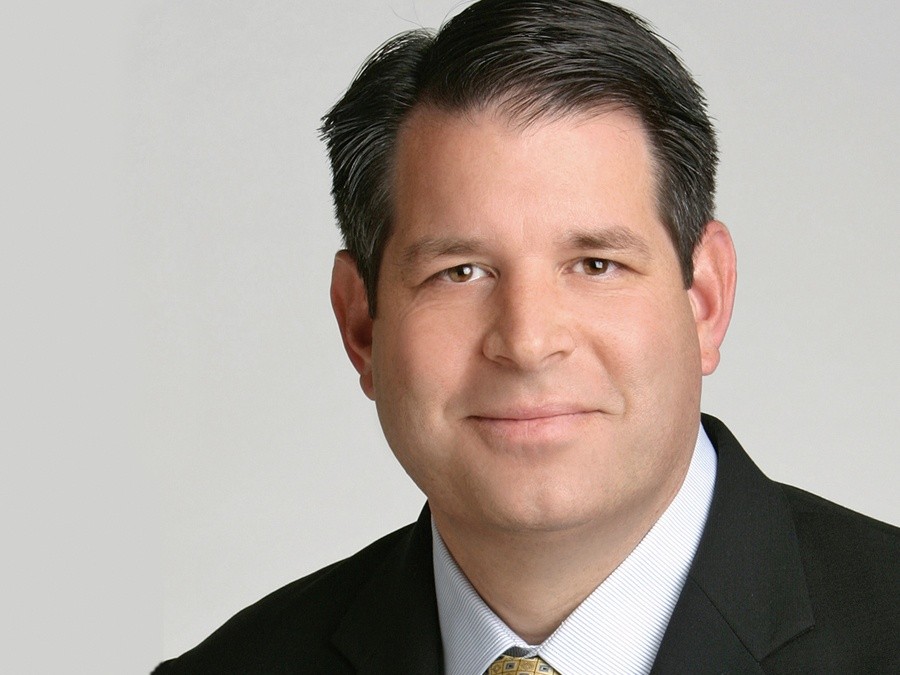What to do when your investment adviser resigns
Post on: 16 Март, 2015 No Comment

MarkHulbert
CHAPEL HILL, N.C. (MarketWatch) — What should you do when your adviser retires or resigns?
That’s a worthwhile theoretical question to ask at any time, since such changes occur frequently in the investment advisory world. But there is a practical reason to ask it now: An announcement over this past weekend that the editor of a top-performing investment advisory service was leaving to start a new venture of his own.
Since the more normal pattern is for advisers to leave an investment firm after an extended period of poor performance, Conrad’s announcement took many by surprise. And his communication to subscribers gave no details about why, simply saying “it’s with considerable regret that I report this week that this is my final issue.”
Will Apple Make a 5-inch iPhone This Year?
Apple Inc. has so far downplayed the notion that it needs to make an iPhone with a larger screen, but a growing number of analysts appear to be banking on the company doing just that.
Conrad added that he hopes “to be able to serve many of you in future ventures,” one of which is a new service he hopes to inaugurate in the next few days, entitled Conrad’s Utility Investor. As for Utility Forecaster, Conrad wrote that “David Dittman, who’s served as my lead analyst and editor for nearly a decade, will helm this service as chief investment strategist.”
Should subscribers to Utility Forecaster stick with it under its new leadership? Or should they follow Conrad to his new service?
Definitive answers to these questions are above my pay grade, of course. But it is possible to identify the issues you should focus on when making your own determination. Perhaps the most important is the extent to which the strategy in question is quantitative and algorithmic, in which case its future success is not as dependent on who is in charge.
There’s a serious question whether Utility Forecaster pursues such a strategy. On the contrary, Conrad argued in an interview, his approach relies heavily on “subjectivity based on experience.” And that, in turn, raises significant doubts about whether Utility Forecaster without Conrad will be indistinguishable from how it would have been had he stayed.
To be sure, Conrad is not a disinterested party, since his new venture will be directly competing with Utility Forecaster. And, unlike Conrad, his former publishers are stressing continuity: “For nearly a decade,” they said over the weekend, “David [Dittman, the new chief investment strategist] has served as Roger’s lead analyst and editor. In that time, David has become thoroughly steeped in Roger’s methodology for selecting dividend stocks, thus ensuring continuity for readers — as well as years of profits in both bull and bear markets.”
Conrad, for his part, sees it quite differently. In an email, he stressed that he was the one who made each of the recommendations for his model portfolios over the last 24 years, adding “Utility Forecaster was mine and mine alone over the time I was editor.”
It’s impossible, of course, for an outsider to adjudicate such divergent views of internal decision-making processes. And it’s possible that, under Dittman’s leadership, Utility Forecaster will perform even better than it did under Conrad. But a significant dose of uncertainty has been injected into the equation, something that investors — especially those who focus on utilities — try to minimize.
If investors are undecided between these two utility-oriented services, but they still want to remain invested in utilities, they may want to consider temporarily investing in an ETF that is benchmarked to the sector — such as the SPDR Select Utilities fund XLU, -1.02%














